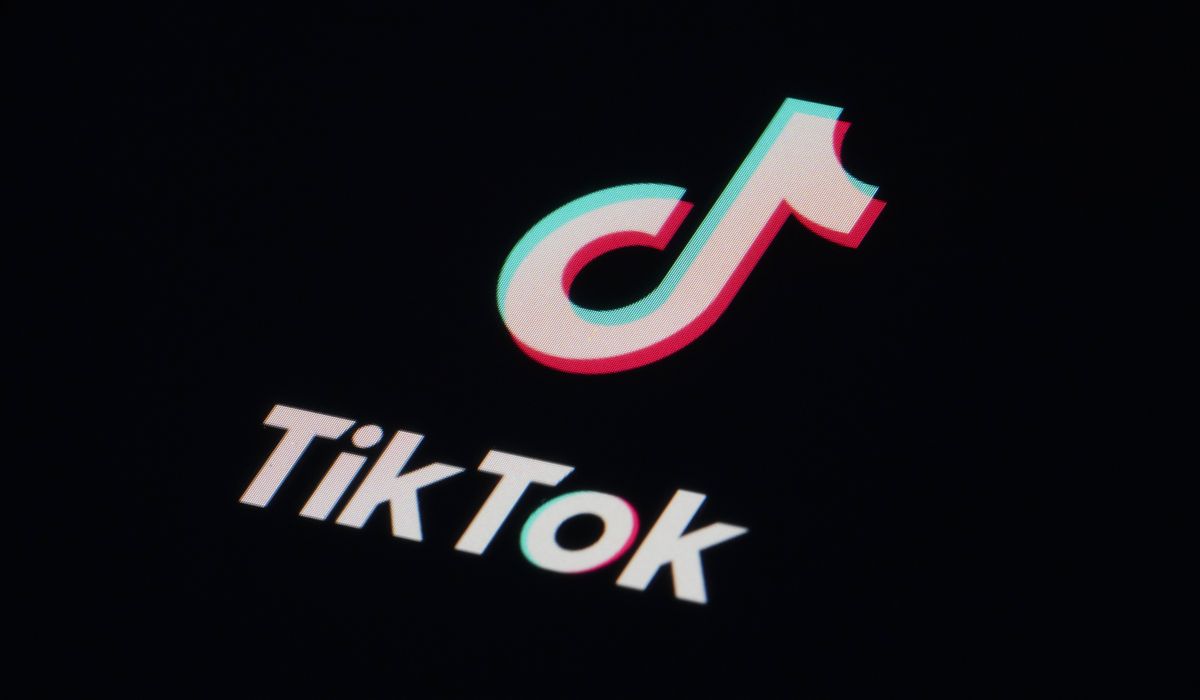


The state of Montana asked a judge not to block its law banning TikTok, arguing the ban is not a violation of the First Amendment or freedom of speech, but is instead a restriction on the use of a product.
Arguments over whether the court should impose an injunction, blocking the law from taking effect, are scheduled before Judge Donald W. Molloy, a Clinton-appointee, on Oct. 12.
But this month, the state told the judge in its legal brief that lawmakers did what needed to be done to protect residents against Chinese officials accessing Montana residents’ data.
The attorney general also said the law doesn’t run afoul of the First Amendment because it “doesn’t prohibit certain messages, ideas, subject matter, or content. It prohibits the use of a product in Montana.”
“The federal government, other states, and other countries have recognized the dangers of TikTok because it is under the thumb of Chinese Communist Party officials, but the State of Montana is the first state to take action and protect its citizens’ privacy,” said Montana Attorney General Austin Knudsen.
“Our legislators and Governor Gianforte did the right thing in prohibiting TikTok from operating in Montana as long as it is under the control of a foreign adversary. My office looks forward to vigorously defending the law as this case proceeds.”
His court filing with the District of Montana, dated August 18, argued the state is protecting its residents from having personal information — including financial data — accessed by the Chinese government.
The 43-page document details a “tsunami of reporting” about the Chinese Communist Party’s alleged links to the tech company and its ability to access user information. It also points to whistleblower testimony to lawmakers and a lawsuit filed by a former executive of ByteDance against the company, claiming the ruling Communist Party has access to some U.S. residents’ data.
“TikTok [could] capture a user’s credit card information or password,” the filing read.
“The Legislature reasonably viewed all this reporting as confirming ‘the reality that Chinese companies are subject to the whims of the authoritarian [C.C.P.],’ raising the ‘risk’ that the Chinese ‘government could force ByteDance to collect and turn over information’ on Americans ‘as a form of ‘data espionage,’” the brief read.
The filing comes after TikTok sued Montana in May, arguing its statewide bill banning the Chinese-owned media platform, most popular for short-form videos, violated the freedom of speech.
The law, which will take effect in January, would penalize anyone using or assisting in the use of TikTok in Montana with a $10,000 fine.
The state has said it will not enforce the law against individual users but only on the tech companies.
Montana officials have said the law will protect the private data and personal information of its residents from China’s communist government.
But the company claimed in its lawsuit that the state is running afoul of federal law and the U.S. Constitution. It asked the court to halt any enforcement of the law while the case is being litigated on the merits.
“The State has enacted these extraordinary and unprecedented measures based on nothing more than unfounded speculation. Specifically, the State claims that the government of the People’s Republic of China (‘China’) could access data about TikTok users, and that TikTok exposes minors to harmful online content. Yet the State cites nothing to support these allegations,” the 62-page complaint read.
TikTok estimates 150 million Americans use its platform each month.
Within 24 hours of the law having passed, five Montana TikTok users filed a lawsuit in federal court in Missoula making similar claims — that the law violates their free-speech rights and that the state doesn’t have authority over matters of national security.
TikTok launched in 2017 and became available in the United States in 2018. It has about 7,000 U.S. employees and is currently not available in China, according to the lawsuit.
The complaint says TikTok is owned by ByteDance Ltd., a private company, and is 60% owned by global investors.
• Alex Swoyer can be reached at aswoyer@washingtontimes.com.
